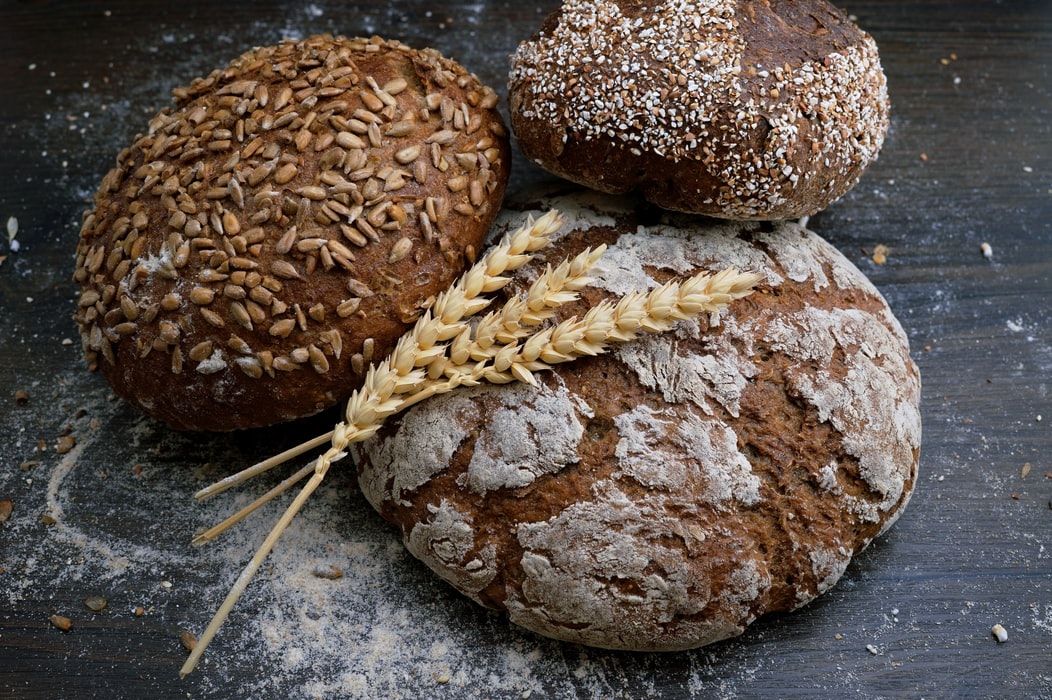The smell of warm bread wafts through open windows and inundates the forest, its homey scent drawing all that pass by to the window for a quick peek at the delectable item that could stop anyone in their tracks. The crunch of the crust echoes as a loaf is cut, steam dulling the shine of the knife as it warms it. A honey dipper pulling liquid gold from a jar of
Greenwood Honey before being soaked into the airy crevices of a single slice, waiting for someone to indulge in. Even in the warm air of the summer, nothing can beat the taste of warm bread, dipped in honey, coated in jam, a heavy, sweet treat that warms the belly and tastes heavenly.
The culinary specialty of the
Elves isn't delicate treats or fruity bites, its heavy and heady, warm and delicious, a specialty that keeps them warm and fed when winter settles over the
Elven Forest. As the markets open and streets are full of sights and smells abundant and pungent, the smell of fresh bread, warm with a crisp crust and a soft airy interior, wafts through the air, drawing more into the market and the grasp of a necessity and specialty. Breakfast breads full of fruit and topped with honey, warm hearty breads for dinner, breads with a hint of
Elven Wine mixed in, all decorated and perfectly wrapped, ready to be taken home. In the
Elven Kingdom with bread like this, breaking bread is a necessity, not a nicety.
Both a craft and a means of survival, the baking of bread has become a staple of
Elven Culture, even throughout the areas of the
Kingdom on the fringes, the
Northern Outposts, the
Outlands, the
Spine of Kallex. A loaf of bread, perfectly cooked and tucked away, always means a meal, even in the most difficult of circumstances. A loaf of bread, delicious and hearty in taste, means more than a meal, but a spot of hope in the harshness that sometimes plagues the
Elves. This bread is a way of life, one that most of
Vóreios appreciates greatly.
Different Uses, Different Bread
Bread can be very simple, being made from only four ingredients, or it can be a complex mixture of ingredients that creates an experience when eaten. Most prolific bakers say to not begin with the most complex of breads, but to start simply, making a bread that requires few ingredients, little work, and shorter baking times. This bread is often known as Outlands bread as many
Outlanders prefer this bread as it is easy to make while traveling and can be edible, even after days or it has been flattened in a pack.
Most other breads are more complex, requiring additional ingredients and cook time. These breads are often decorated before baking and are more visually appealing, although they are best if served warmed or straight from the oven. Jam, honey, or fruit often accompany these breads to create a complex flavor palette. Those in the capital of
Alfensil and areas where
Jade Elves are common often prefer this type of bread over the simple bread that is made in the outer reaches of the
Kingdom.
Outlands bread only requires flour, yeast, sugar, and water kneaded together to create a simple bread that can be easily cooked over a campfire or in less than ideal conditions. The more complex breads begin with the same ingredients, but common recipes amongst bakers are less than helpful about additional ingredients, cook times, or any other particulars about making the bread. Because of this, most
Elves are very secretive about their perfected breads, unwilling to share recipes in case someone else uses their recipe to make money during the market seasons.






Ooh, delightful! Made me drool while reading it. I love bread.